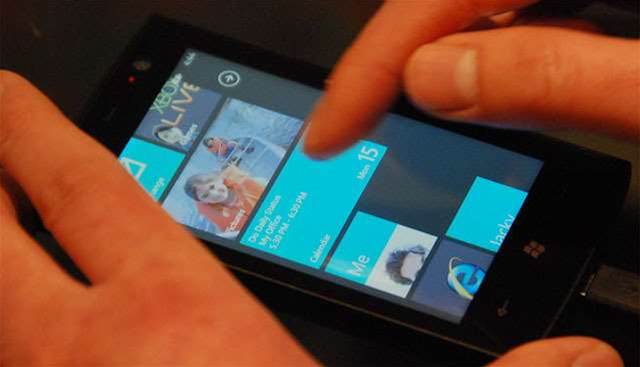Microsoft has announced updates to its hosted System Center 2012 and Intune services which it claims can deliver a mobile device management (MDM) solution for the enterprise.

Mobile Device Management refers to software tools that provide IT administrators with network security and control when attempting to manage the multitude of devices employees are bringing into the work environment, be they smartphones, laptops or tablet computers.
Gartner forecasts that by 2016, employees will purchase half of all non-PC devices in the corporate sector, a trend dubbed BYOD Computing. With that in mind, MDM software vendors made $500 million dollars in 2012 on licensing revenue alone, with MobileIron, AirWatch, Fiberlink, Zenprise and Good Technology leading the charge.
Microsoft this week announced that its hosted MDM platform, Intune, can manage Windows 8, Windows RT and Windows Phone 8 devices, while its System Center service can now manage Windows Server 2012, SQL Server 2012 and Windows 8.
Analysts were generally disappointed that Microsoft announced no new features for the managing of devices outside of the Windows mobile ecosystem.
The Android and iOS mobile operating systems dominate the tablet and smartphone market.
Gartner Analyst Phillip Redman said Microsoft’s MDM solution should thus only be seen as a “niche product” suitable only for Windows-heavy SMEs.
“Microsoft has not put together a competitive capability for managing non-Microsoft devices,” he said. “Microsoft device management lags behind in feature support, especially for Android and BlackBerry. It does not have the same security capabilities as Symantec, nor the same level of reporting or quality administrative user experience as competitors, like AirWatch, have in MDM.”
Competing MDM vendors were brutal.
“This software cannot generate certificates to protect identity, cannot provide an enterprise app store across platforms, cannot encrypt application data, cannot distribute documents, cannot store protect or view documents on the device,” said Ojas Rege, vice president of strategy for MDM vendor MobileIron. “These are all core security and management capabilities that organisations need.”
Microsoft struggles to be “agnostic” between mobile platforms, Rege said.
“So as a result, Microsoft management solutions will always be Windows First, Android/iOS Second. Providing a Windows First management solution with light additional multi-OS capabilities will ensure that deeply committed Microsoft shops have a starting point. But all global enterprises now have multi-OS mobility strategies so a Windows First option does not meet their long-term needs."


_(28).jpg&h=140&w=231&c=1&s=0)


_(33).jpg&h=140&w=231&c=1&s=0)





 iTnews Executive Retreat - Security Leaders Edition
iTnews Executive Retreat - Security Leaders Edition
 iTnews Benchmark Awards 2026
iTnews Benchmark Awards 2026
 iTnews Cloud Covered Breakfast Summit
iTnews Cloud Covered Breakfast Summit
 The 2026 iAwards
The 2026 iAwards












_(1).jpg&h=140&w=231&c=1&s=0)



